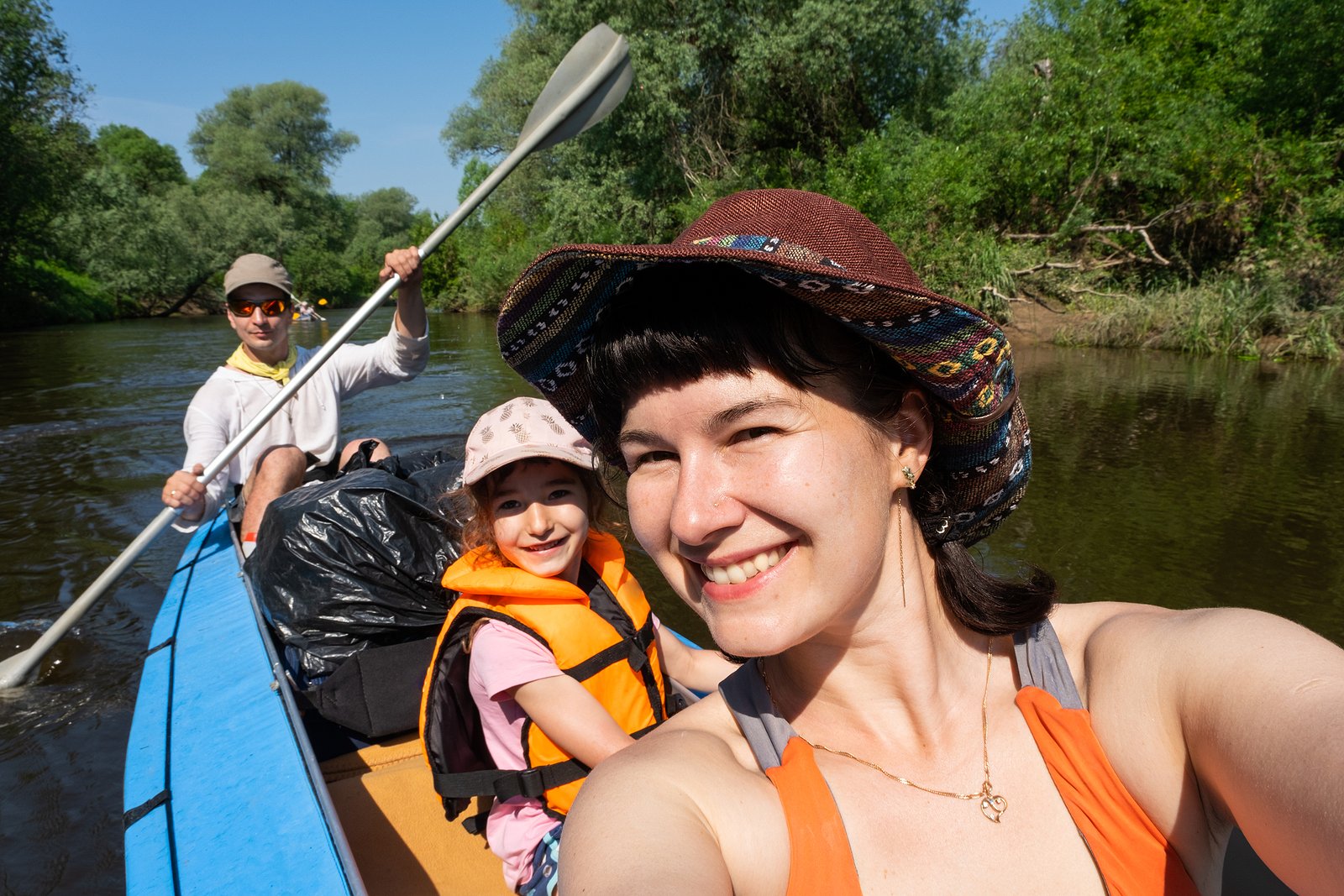Blog
More Opportunities, More Freedom, and More Adventure on the Road If you’re a physical, occupational, or speech therapist, the next decade is full of exciting possibilities. According to The Bureau of Labor Statistics the therapy field is growing faster than most other healthcare professions—14% for PTs, 11% for OTs, and an impressive 18% for SLPs by 2033. The projected growth is even better new for travel therapists who already average higher earnings than staff positions. But what does this growth mean for your career and lifestyle?
Simple Tips for Navigating Travel Therapy Like a Pro Being a travel therapist is an incredible way to see the country, gain new clinical experience, and meet people you’d never cross paths with otherwise. Whether you’re abrand-new traveler or you’ve been on the road for years, there are certain mistakes that can easily be made if you’re not careful.The good news? With a little foresight, you can sidestep these mistakes and set yourself up for smoother, more rewarding assignments.
Built for PTs, OTs, and SLPs Who Want to Experience the Freedom to Make a Difference (or want to experience a lifetime of adventure) Let’s be real—travel therapy is an epic adventure, but juggling job searches, timesheets, and paperwork? Not so much. That’s where ProVenture comes in. Whether you're a Physical Therapist, Occupational Therapist, or Speech-Language Pathologist, ProVenture is your go-to mobile app designed specifically for travelers like you. Built by the highly skilled team at Jackson Therapy Partners, ProVenture has one goal in mind: to simplify your travel therapy experience from start to finish.
What to Do if Your Travel Therapy Contract is Cancelled
Speech Language Pathology, How-To Travel GuidesMost travel therapy contracts go smoothly—but on the rare occasion one gets canceled early, here’s what to expect. Contract cancellations aren’t common, but if they do happen, that’s exactly why we’re here. Whether you’re chasing adventure, paying down debt, or building your career, your goals are at the heart of everything we do. If a contract ends unexpectedly, we step in to protect your income and help you pivot quickly—so you can stay focused on what matters, while we handle the logistics. From seasoned travelers to new grads, knowing you’ve got a team behind you makes all the difference.
Your Work Adventure is Waiting for You in Scenic Towns Across the Bay State If you’ve been dreaming of a place where your career can thrive while your weekends are filled with incredible views, historic streets, and seasonal adventures, Massachusetts should be on your radar. From Boston’s bustling city streets to the quiet charm of the Berkshires, the state is full of opportunities for travel therapists ready to make new memories.






